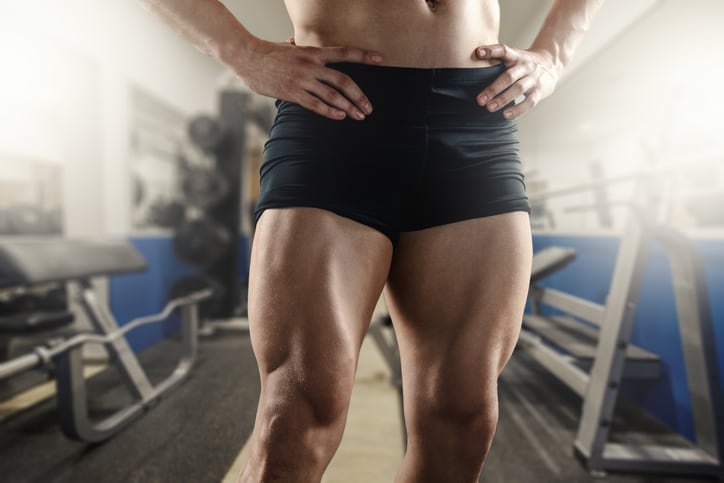The study, published recently in the Journal of the International Society of Sports Nutrition, was conducted on men aged 19 to 25 who had not previously trained with weights or had taken supplements in the six months leading up to the study. The 16 participants averaged about 80 kg (176 lbs) in weight and about 24% body fat. The study was conducted by researchers associated with the University of Pennsylvania and several institutes and universities in Berlin, Germany.
The researchers noted that β-hydroxy-β-methylbutyrate (HMB), a metabolite of the branched-chain amino acid leucine, has received increasing interest as an ergogenic aid for training-induced gains in strength and body composition. HMB is thought to do this via several pathways, including a mammalian target of rapamycin (mTOR) dependent mechanism, as well as inhibiting the degradation of intracellular proteins. The ingredient is also thought to help regulate adipose tissue function.
Research on HMB has been mixed
But research into the ingredient has been mixed with some studies showing a benefit with about one-third of studies showing no benefit of HMB on strength training-induced changes in body composition.
In the present study the researchers divided the young men into placebo and intervention groups. The sample size was suggested as sufficient by earlier studies, they said.
The participants did periodized split-body strength training regimens for 12 weeks. They ingested 30 grams of whey protein before and after training. They also ingested a capsule containing 3 grams of HMB or a placebo on training days. In addition, they consumed a high carbohydrate sports supplement on those days for a total additional caloric intake of 1,363 KJ, or about 326 calories. On the off days they consumed one 30 gram dose of whey protein.
All of the test materials were supplied by Evox, a South African sports nutrition supplement manufacturer. The research was supported by a grant from the Harry Crossley Foundation.
Gains in legs, but not arms
The results showed that the HMB group gained slightly more muscle mass than did the placebo group. The placebo group gained about 2.2 kg in fat free mass (FFM), while the HMB group gained an average of 3.4 kg. Strength in maximum one repetition bench press and leg press exercise was not statistically different between the groups.
When measuring the size of musculature, the researchers found no difference between the groups on how much their arms had increased, but did find a difference in the legs, with the HMB group showing a moderate advantage over the placebo group.
Sample size too small?
The researchers said this result was not in line with other studies on HMB, which have shown overall FFM gains. They said a subsequent statistical analysis of their data set suggested that a larger sample size would have been necessary, up to as many as 60 participants, to show overall body effects.
The team concluded that, “HMB combined with whey protein supplementation can modestly augment training-induced increases in FFM in healthy adults. Notably, we studied untrained individuals and the results cannot be extrapolated to trained athletes.” They said their results might be most applicable to elderly or bedridden patients who are trying to maintain muscle mass.
Source: Journal of the International Society of Sports Nutrition
17, Article number: 16 (2020)
Combined protein and calcium β-hydroxy-β-methylbutyrate induced gains in leg fat free mass: a double-blinded, placebo-controlled study
Authors: Stahn AC, et al.

